What is Coronavirus?
What is Coronavirus and what are the symptoms?
Coronaviruses are a large family of viruses that cause illness ranging from the common cold to more severe diseases such as Middle East Respiratory Syndrome and Severe Acute Respiratory Syndrome
Covid-19 is a new strain that was discovered in 2019 and has not been previously identified in humans.
Signs and Symptoms
Common signs and symptoms of infection include:
- A high temperature, you feel hot if you touch your back or chest.
- A new persistent dry cough, coughing for more than an hour or 3 or more coughing episodes in 24 hours.
- If you normally have a cough, you are coughing more than usual.
- Shortness of breath and breathing difficulties, even when resting.
Most people who become infected experience mild illness and recover, but it can be more severe for others. In more severe cases infection can cause pneumonia, severe acute respiratory syndrome, kidney failure and even death.
Should I stay home?
You are probably asking, should I stay home and wait for all of this to blow over. The best way to prevent/slowdown transmission is by being well-informed, knowing the earliest symptoms and acting upon them, practising good hygiene and following your governments advice.
If you or anyone in your household has any of the symptoms listed above then you should follow the government’s guidelines and self-isolate for 14 days.
Wash your hands.
Hands touch many surfaces and can pick up viruses, this is why it is important to wash your hands. Once contaminated, hands can transfer the virus to your eyes, nose or mouth. From there, the virus can enter your body and can make you sick.
Use soap and hot water. Wash for a minimum of 20 seconds. Sing happy birthday to you twice or Nelly the Elephant.
If you have a printer at home you can generate a poster for your favourite song to pin up on the wall from the not-for-profit site: https://washyourlyrics.com
Although the price has skyrocketed recently, if you have some it is important to use sanitising hand gel if you can’t wash your hands.
Cough and sneeze into a tissue and throw away. Don’t put it in your pocket. If you don’t have tissues, use the crock of your elbow or sleeve. Don’t use your hands. If you happen to use your hands by mistake, wash them immediately afterwards.
Avoid touching your eyes and face, the virus can enter through the mouth, nose and even the eyes.
Keep your distance. Maintain a distance of 2 metres or 6 feet from anyone who is coughing or sneezing, whilst it may not be, they could be infected with the Coronavirus.
Avoid shaking hands. Use a nod or a wave instead. Some people have been tapping elbows to greet. Although common practice in some countries, you should avoid greeting with kisses.
Avoid public gatherings. The Coronavirus loves company. Try to order in your food, some images of supermarkets are flooding with people scrambling for food. This is a dangerous place to be for you and your family.
Social Media and the News.
Social Media and the News are some of the worst offenders of spreading misinformation or twisting the truth. You have to remember that news articles are designed to grab the attention of people. In many ways they can get in the way of the truth. Some offer some clarity as you continue reading, however some can be very misleading, showing only the facts that will cause panic and distress.
Remember, with social media being visible to anyone in the world instantly, panic is spreading faster than the virus. Try to check your facts before posting something on social media. Although you may find it a scary statistic, try to think about the effect that might have someone who is already very anxious. You may also find that everyone on your news feed claims to know more than virologists.
You can’t move at the minute without seeing or hearing about the virus. Try to limit your exposure and use trusted sources and websites. Check the websites of the government or your health services for latest news and advice.
Try to distance yourself from groups on Twitter and Whatsapp with the topic being the coronavirus. They are a breeding ground for misinformation.
Local groups are being set up to help people who have to self-isolate. People are offering shopping and medication deliveries.
Keep calm and Carry On.
If you feel things are just too much.
- Meditation may help to calm your mind and stop those racing thoughts.
- Yoga can also be beneficial, try to follow a YouTube video.
- Practice Mindfulness
- Read a book about a non-virus topic (I’d stay clear of Zombie novels).
- Set up a Skype coffee break to stay in touch with friends and family.
What else can I do?
Check on elderly neighbours, see if they need anything, they are very vulnerable so remember to practice good hygiene.
If you have bought them something, leave it on the side or floor and let them go to retrieve the item or package. This keeps you all safe as you keep your distance.
Children are being affected by the events that are happening because of the virus. Schools are now closing. It is a very confusing time for them. They will be worried that if elderly grandparent’s catch the virus they might die. They may also not quite understand the importance of staying away from their grandparents house for a while. Especially if they live close.
This link may help you explain it to them.
At these times that are difficult for everyone it is important to consider others.
Don’t panic buy. Remember that before the panic set in the shops had enough groceries for everyone.
Jane Trainor


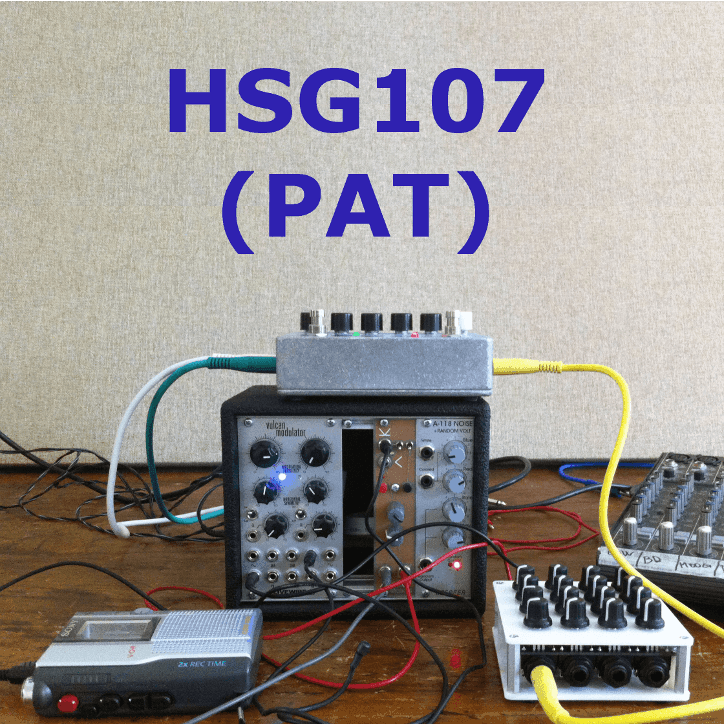
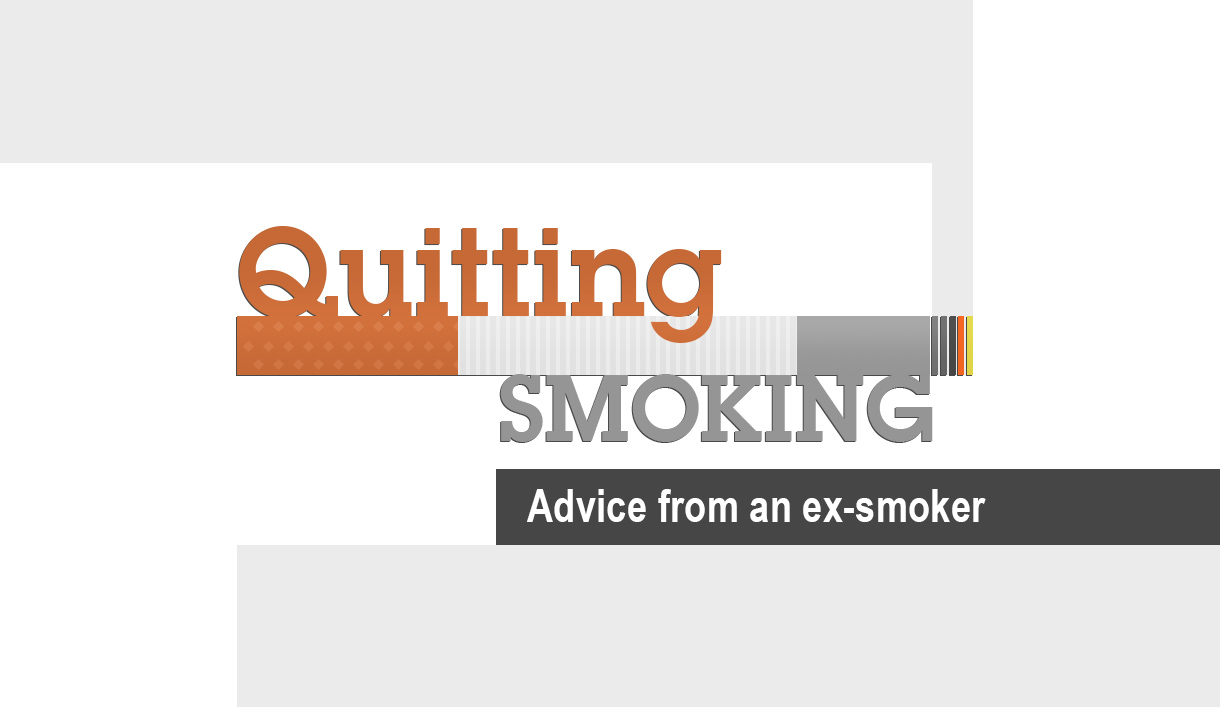

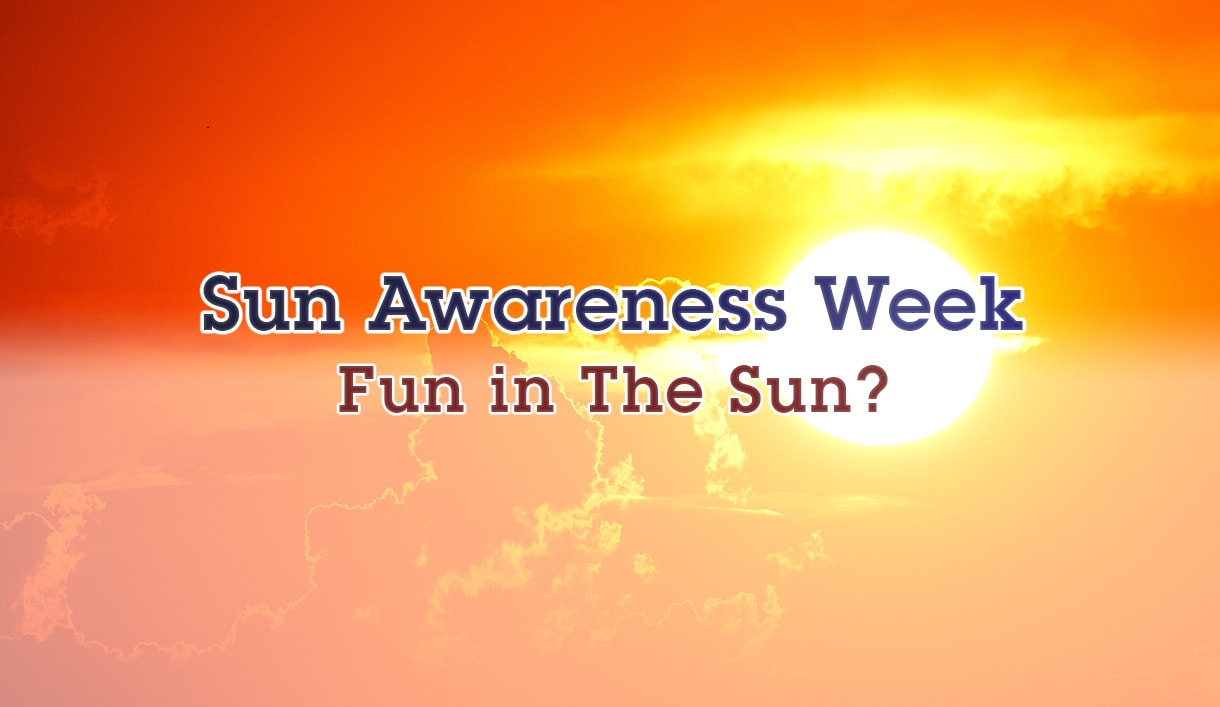
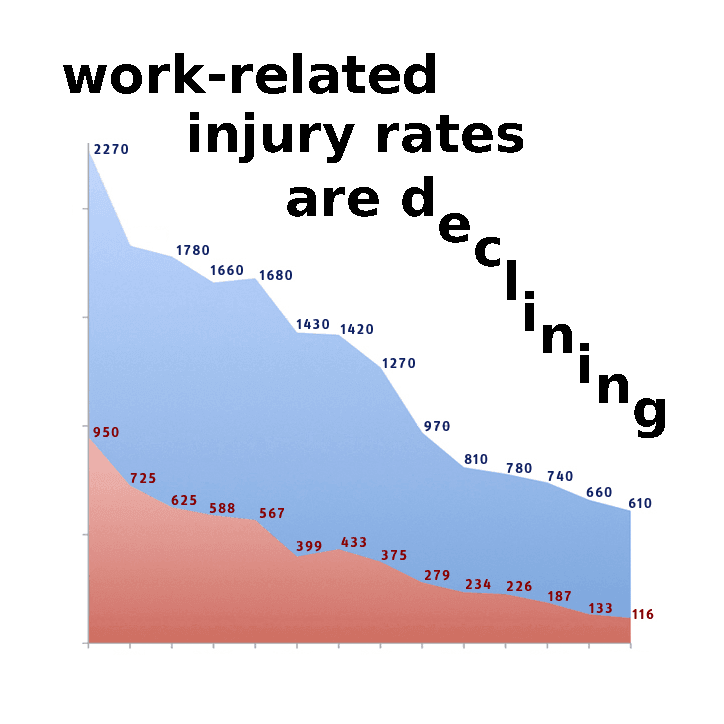

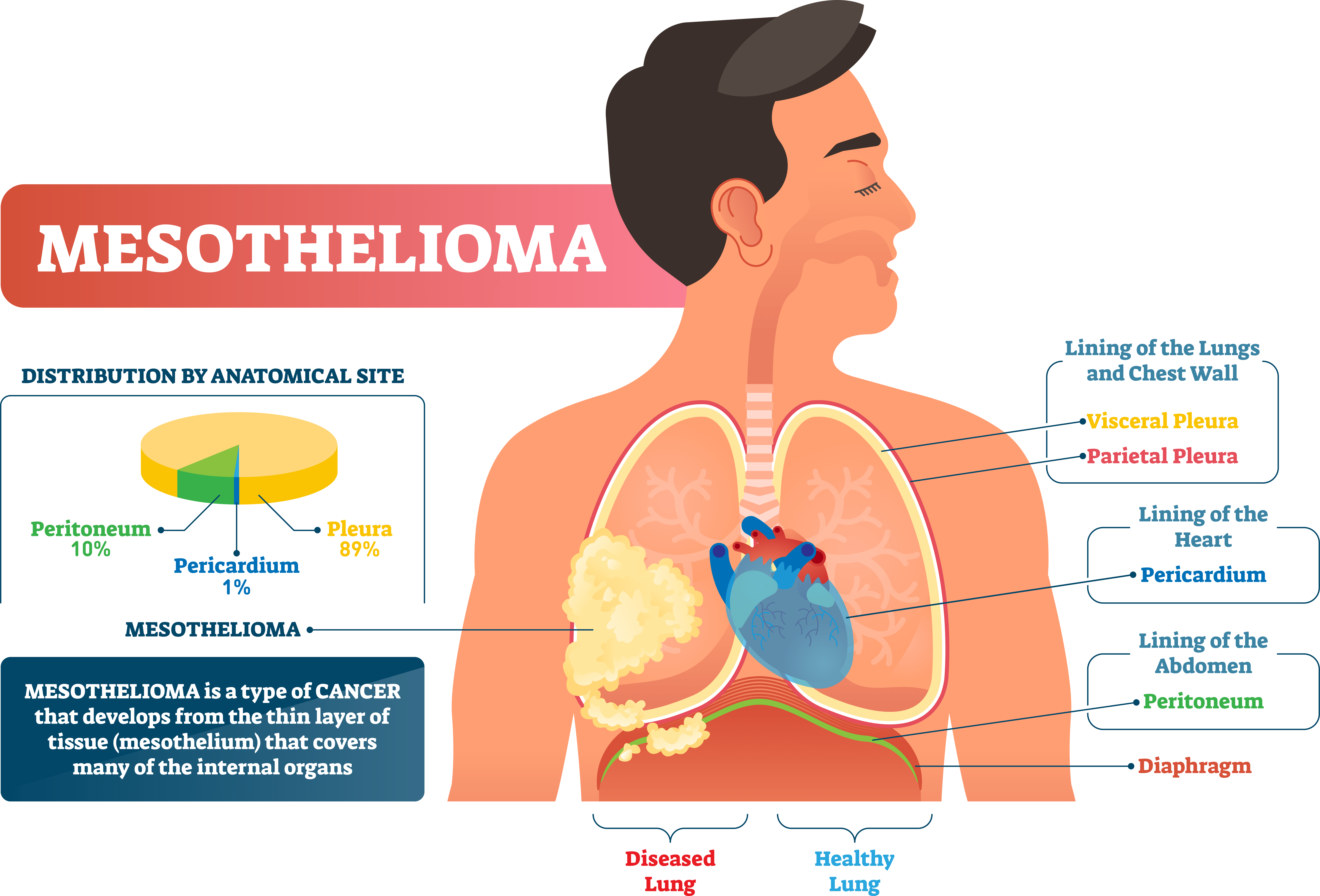
Leave a Reply
Want to join the discussion?Feel free to contribute!